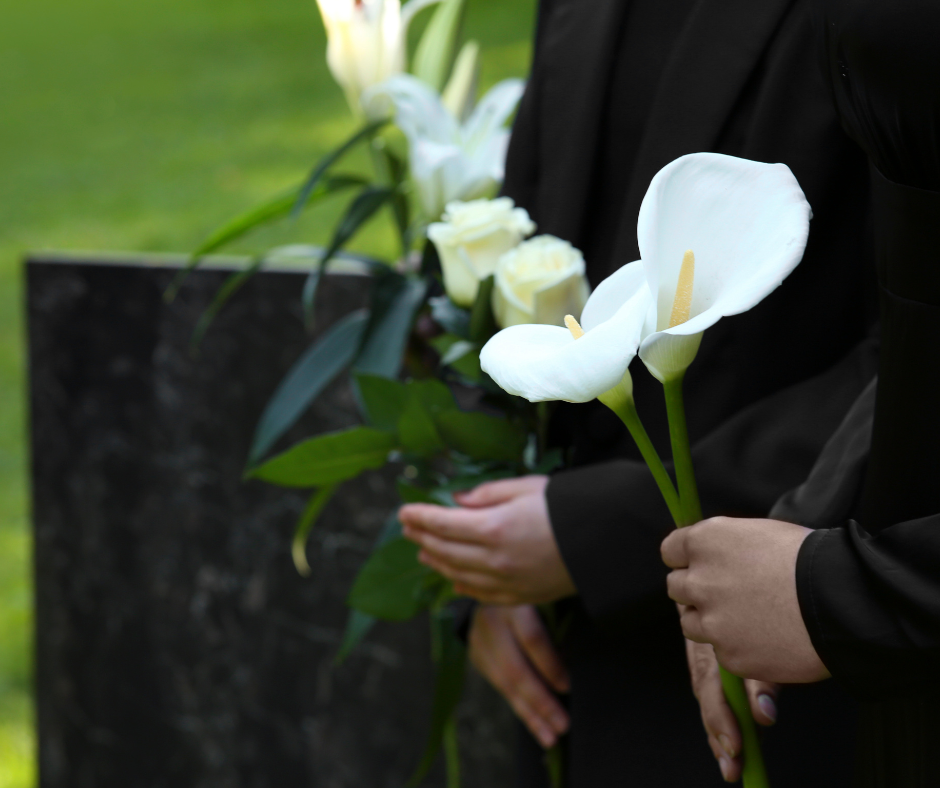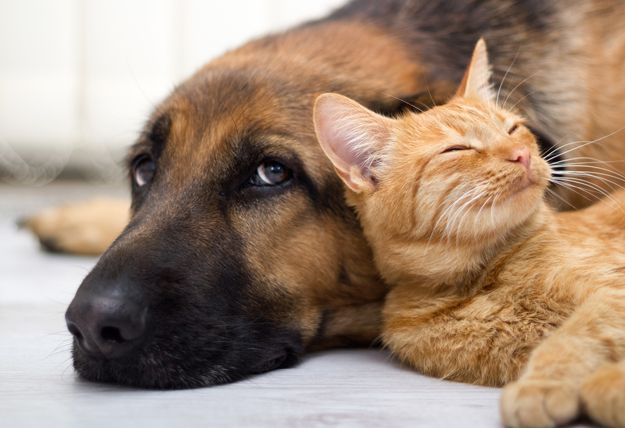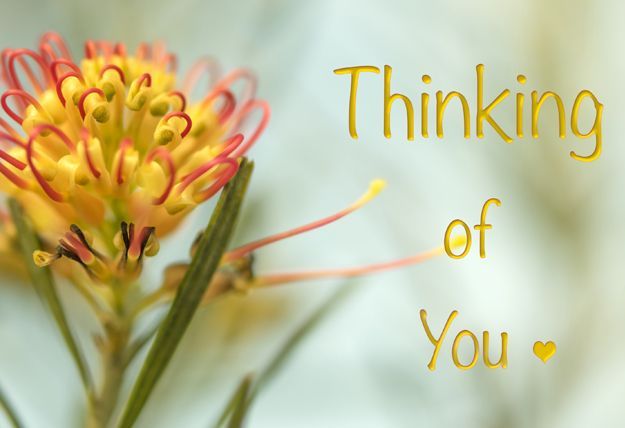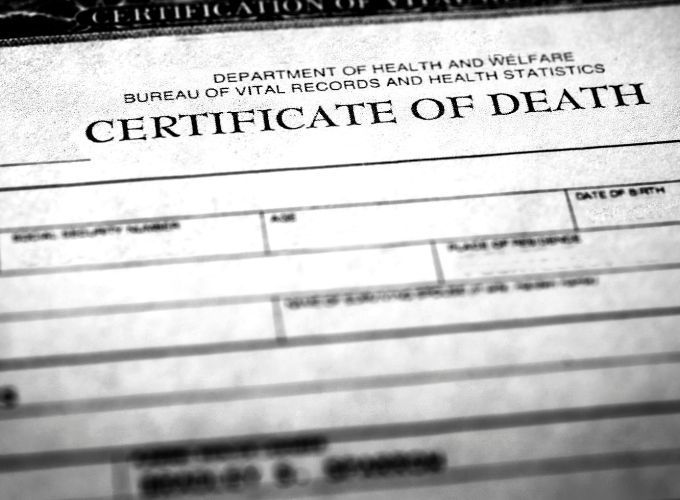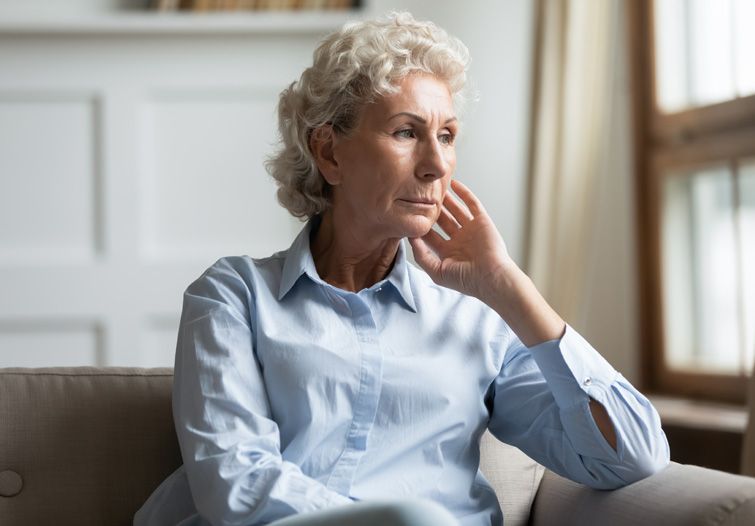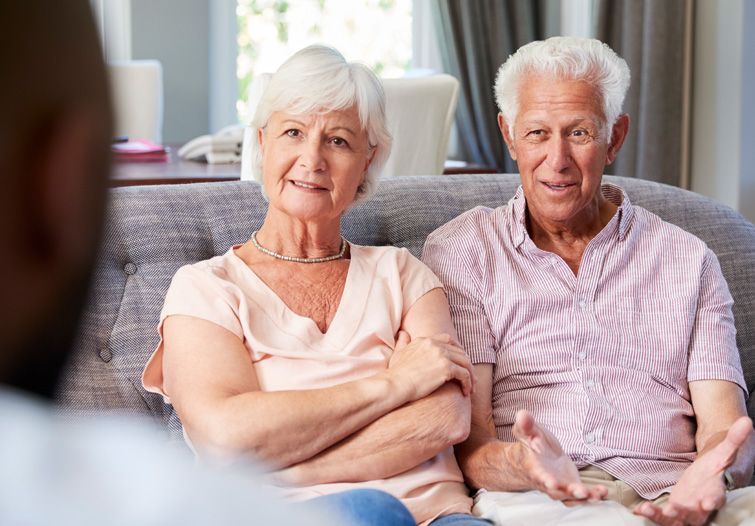Articles Of Interest
Tips For Crafting A Beautiful Eulogy
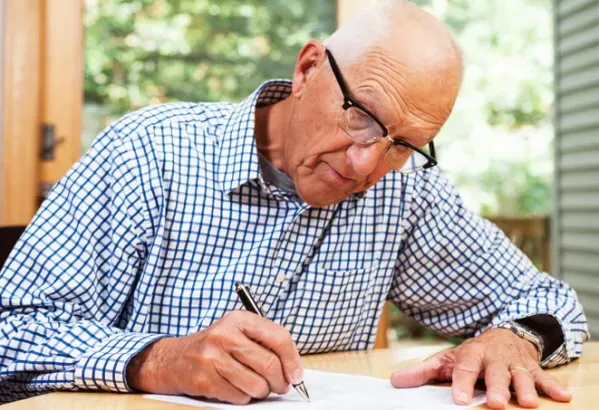
Giving a eulogy is essentially telling your loved one’s story. The eulogy allows everyone to look back, remember, grieve, and honor your loved one’s unique personality. Oftentimes, mourners only know one or two sides of a person’s life. At the funeral or memorial service, they get a broader picture.
Nationally respected grief counselor and author, Dr. Wolfelt, puts it this way: “For mourners, telling the story is central to healing. In the context of the funeral ceremony, the eulogy is the grand, public telling of the story that unites” everyone who has come together to mourn.
This is a time to talk about what your loved one left behind and what you will remember about them for the rest of your life. It’s a time to discuss what they imparted and how they left a mark on the world. This could mean sharing family stories, what they were passionate about, causes that were close to their heart, how they loved others, and how they made people laugh.
The eulogy is an important part of the journey through grief because it helps meet what Dr. Alan Wolfelt calls the six needs of mourning: 1.) acknowledge the reality of the death, 2.) embrace the pain of the loss, 3.) remember the person who died, 4.) develop a new self-identity, 5.) search for meaning, and 6.) receive ongoing support from others.
When preparing a eulogy, you can help those who are attending the funeral by addressing each of these needs.
Eulogies help us acknowledge the reality of loss
During the eulogy, you will be forced to use the past tense to tell the story of the life lived. Speaking in past tense helps reinforce the reality that a death has occurred and our loved one really is gone.
Eulogies help us move toward the pain of the loss
For a brief moment in time, the funeral and the eulogy gives every mourner the chance to reflect on and experience the pain of the loss together.
Eulogies give us the opportunity to recall and share cherished memories
As we come together as a group to mourn, we all bring different memories, different perspectives. That’s why a eulogy not only helps us remember the person who has died – it also reveals facets of that person we may not have known.
Eulogies help us develop a new self-identity
As we hear about another person’s life, we also reflect on our own. What can we learn from this person’s life? Did they change the world for the better? What can I do to be more like them? We emerge from the story of a life inspired, hopeful, and transformed.
Eulogies provide us with an opportunity to search for meaning
When faced with the reality of death, we often ask ourselves questions and search for meaning. The eulogy may not be able to help answer these big universal questions, but it helps us explore our feelings about the loss. Through the laughter, the tears, memories, and stories, we see just how meaningful one life can be.
Eulogies help us receive support from others
The eulogy provides everyone with a common experience that brings them together and creates connection. We tell the love story, not just once at the funeral, but over and over, at every gathering, every holiday, every birthday and anniversary. Embrace the eulogy and make it a beautiful opportunity to celebrate your loved one’s life.
Excerpted from an article on www.funeralbasics.org




